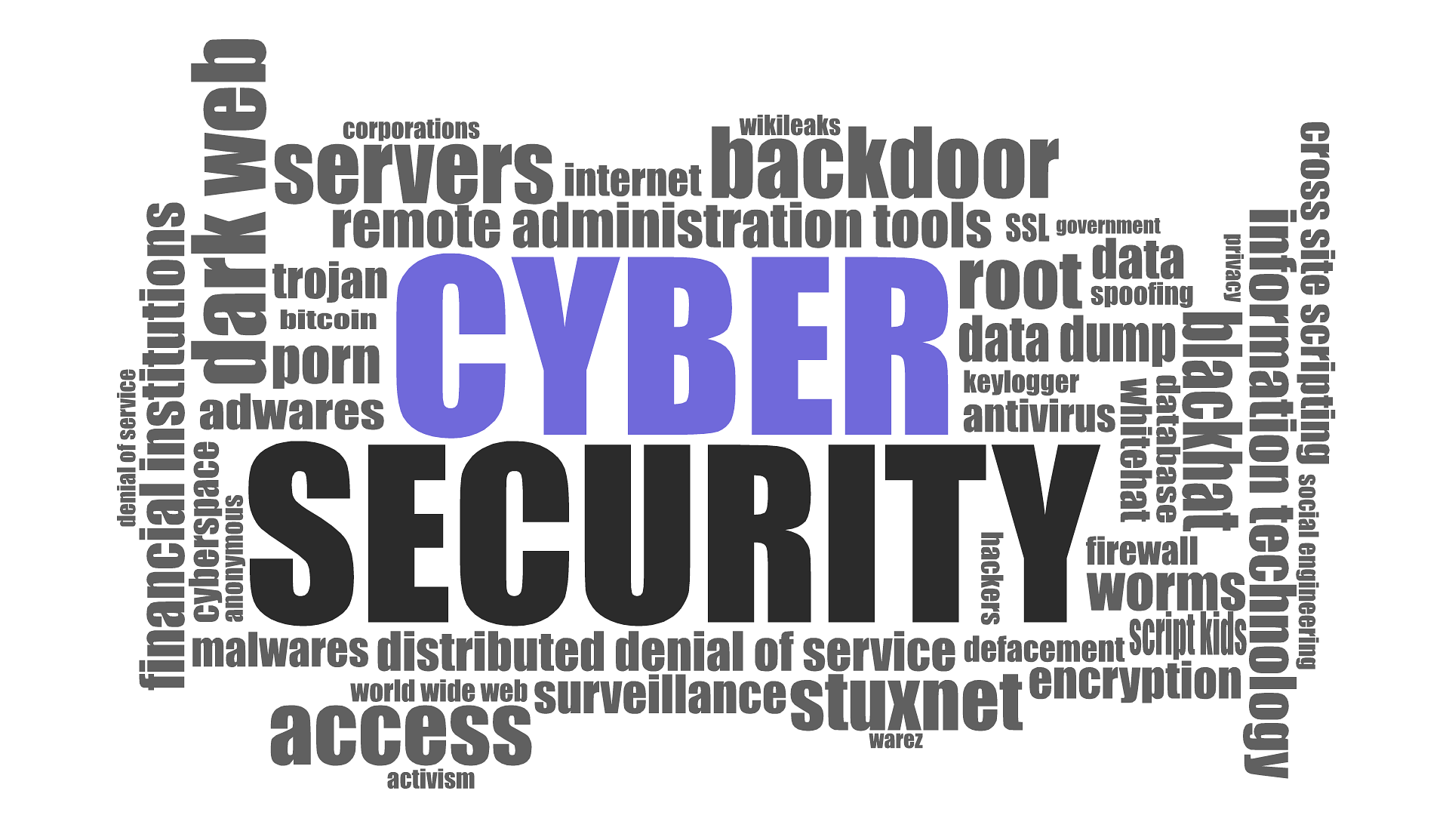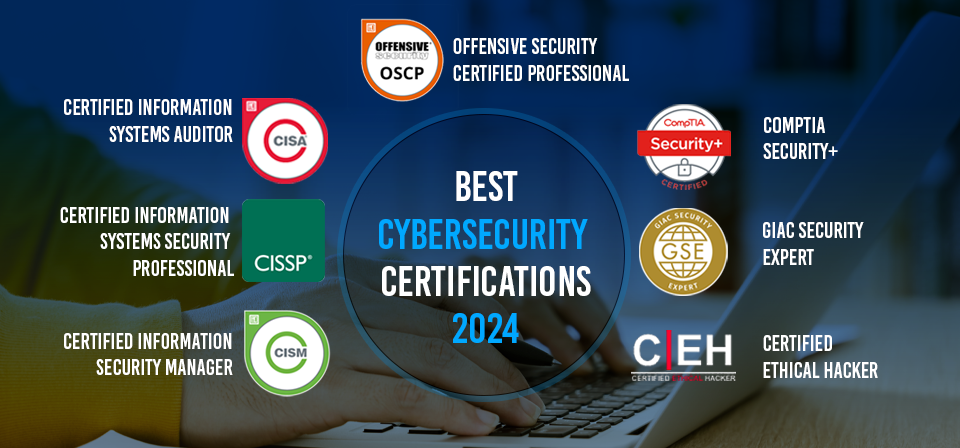Cybersecurity for Small Businesses. In today’s digital age, cybersecurity isn’t just for big corporations. Small businesses are equally, if not more, vulnerable to cyber threats. With limited resources and sometimes basic security measures, they are prime targets for hackers. Fortunately, securing your business doesn’t have to be overwhelming or expensive. In this guide, we’ll break down essential cybersecurity tips to help protect your small business.
Why Cybersecurity is Crucial for Small Businesses
Hackers often view small businesses as easy targets, assuming that they lack sophisticated security protocols. A data breach can damage your reputation, lead to financial losses, and even result in legal issues.
1. Educate Your Team

Cybersecurity starts with your team. Employees can unintentionally create vulnerabilities by clicking on suspicious links or using weak passwords. Regular training on cybersecurity best practices can empower them to act as the first line of defense.
2.Use Strong password and enable Two Factor Authentication (2FA)
Weak passwords are like open doors for hackers. Encourage employees to create strong passwords and consider implementing a password manager to keep track. Cybersecurity for Small Businesses. In addition, enabling 2FA adds an extra layer of security, making it harder for unauthorized users to access your accounts.
Table of Contents
3. Keep Your Software Updated

Cybersecurity for Small Businesses. Ensure that all systems, from operating systems to individual applications, are up-to-date. Many updates include patches for known security vulnerabilities, so staying updated can block potential attacks.
4. Secure Your Wi-Fi Network
A secure Wi-Fi network is essential for protecting your business data. Make sure your Wi-Fi is encrypted, and avoid using default router passwords. It’s also a good idea to set up a separate network for guests to prevent access to sensitive information.
5. Implement a Firewall
They can help detect suspicious activities and prevent potential threats from getting through. For small businesses, there are affordable firewall solutions that can provide adequate protection without breaking the bank. Cybersecurity for Small Businesses.
6. Regularly Back Up Your Data

Data loss can be devastating, whether due to a cyberattack or system failure. Regular backups allow you to recover your data quickly and minimize downtime. Consider using cloud services or external hard drives, and ensure backups are encrypted for additional security. Cybersecurity for Small Businesses.
7. Use Anti-Malware Software
Malware can take various forms, from viruses to spyware, that can compromise your data. Anti-malware software can detect and remove these threats before they cause harm. Make sure your software is updated regularly for the best protection.
8. Limit Employee Access to Sensitive Information
Not all employees need access to all data. Limit permissions to ensure that only authorized personnel can view sensitive information. By controlling access, you reduce the risk of internal data breaches and make it easier to track unauthorized access attempts. Cybersecurity for Small Businesses.
9. Plan for a Cybersecurity Incident
Even with precautions, cyber incidents can happen. Having a response plan helps minimize damage and ensures quick recovery. Outline steps to contain the breach, notify affected parties, and restore operations.
10. Seek Professional Cybersecurity Help
If cybersecurity seems overwhelming, consider consulting a professional. Many cybersecurity firms offer services tailored to small businesses, providing expert guidance on setting up and maintaining a secure network.
11. Avoid Public Wi-Fi for Business Transactions

Using public Wi-Fi can expose your business to cyber threats, as these networks are often unsecured. If you need to access business data on the go, use a virtual private network (VPN) to encrypt your connection and protect sensitive information.
12. Secure Physical Access to Your Devices
Physical security is just as important as digital security. Ensure that computers, servers, and other devices are secured and accessible only to authorized employees. Locking down your hardware helps prevent unauthorized access.
13. Monitor Your Systems Regularly
Monitoring your network for unusual activity can help you detect threats early. Many tools are available that offer alerts for suspicious activities, helping you to act quickly before a threat escalates.
14. Educate Yourself About Phishing Attacks
Phishing scams are among the most common cyber threats. Train yourself and your team to recognize suspicious emails, links, and websites. A cautious approach to unsolicited communications can help avoid falling victim to phishing attacks.
15. Adopt a Culture of Cyber Awareness
Cybersecurity isn’t a one-time task but an ongoing process. Foster a culture where cybersecurity is a priority for everyone in your business. Regular reminders and an open line for discussing cyber concerns can strengthen your overall security.
Cybersecurity for Small Businesses
Cybersecurity for small businesses might seem challenging, but with these straightforward tips, you can create a strong defense against cyber threats. By staying proactive, educating your team, and using the right tools, you’ll protect your business and ensure a safe environment for your employees and customers.
FAQs
1. How often should I back up my business data?
Ideally, back up your data daily or weekly, depending on your business’s data volume. Frequent backups ensure minimal data loss if a breach occurs.
2. What is the best way to train my team on cybersecurity?
Regular training sessions, either in person or online, can keep your team updated. Consider role-playing scenarios to help employees recognize real threats.
3. Is cybersecurity insurance necessary for small businesses?
Yes, cybersecurity insurance can be beneficial, providing coverage for data breaches, legal fees, and recovery costs after a cyber incident.
4. What should I do if I suspect a data breach?
Immediately follow your incident response plan: isolate affected systems, alert team members, assess the damage, and contact professionals if necessary.
5. Can small businesses afford advanced cybersecurity tools?
Absolutely. Many tools are available at reasonable prices for small businesses. Some even offer free basic versions or affordable subscriptions that provide excellent protection.




